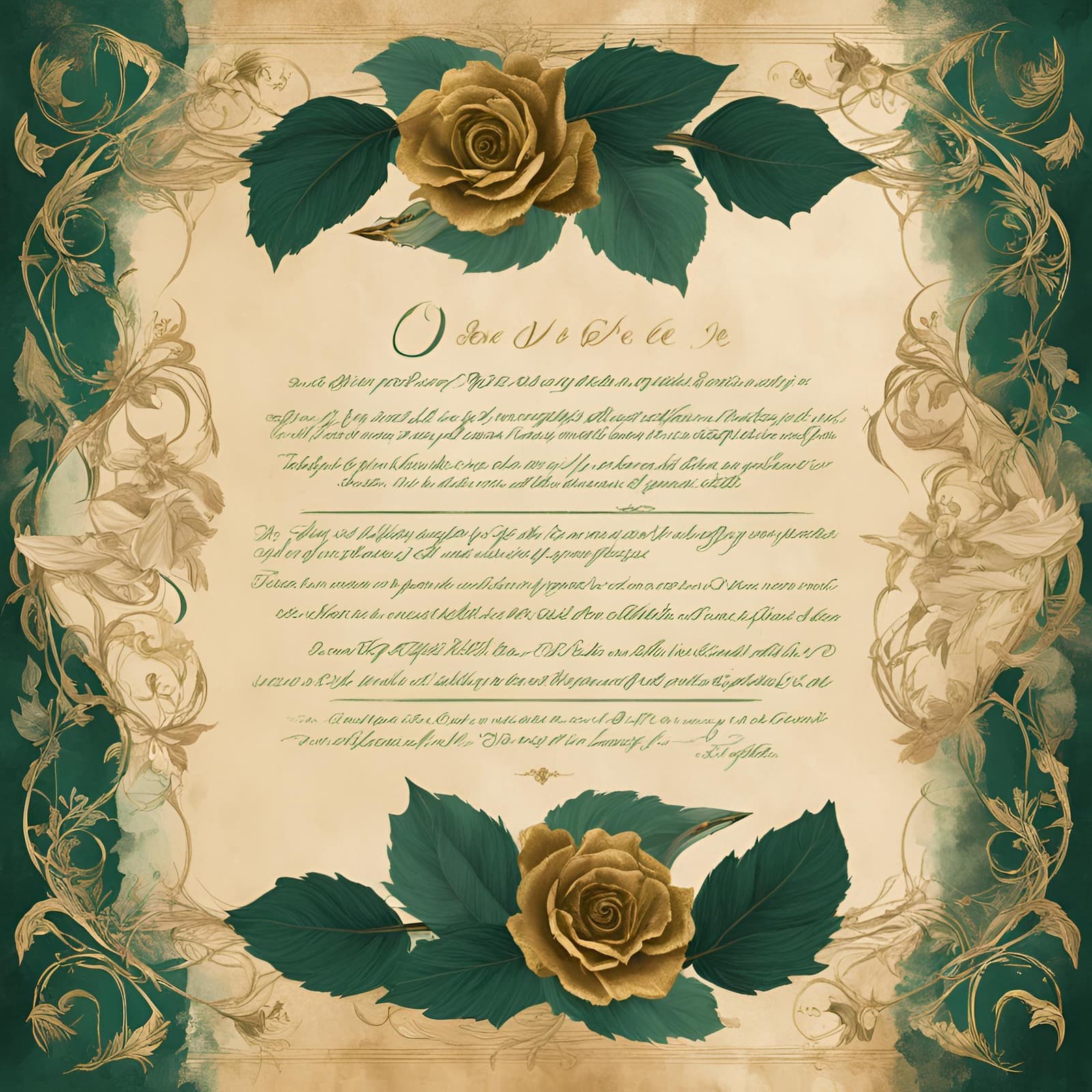莎士比亚十四行诗第70首 | 莎士比亚十四行诗
更新时间:1/19/2025, 12:32:29 PM

原文
That thou art blamed shall not be thy defect, For slander’s mark was ever yet the fair; The ornament of beauty is suspect, A crow that flies in heaven’s sweetest air. So thou be good, slander doth but approve Thy worth the greater, being wooed of time; For canker vice the sweetest buds doth love, And thou present’st a pure unstained prime. Thou hast passed by the ambush of young days, Either not assailed, or victor being charged; Yet this thy praise cannot be so thy praise To tie up envy, evermore enlarged. If some suspect of ill masked not thy show, Then thou alone kingdoms of hearts shouldst owe.
译文
你被责备了,这不是你的过失,
因为诽谤专爱把美人作箭靶;
被人猜忌恰好是美人的装饰,
像在明丽的天空中飞翔的乌鸦。
假如你是个好人,诽谤只证明
你有偌大的才德,被时代所钟爱,
因为恶虫顶爱在娇蕾里滋生,
而你有纯洁无瑕的青春时代。
你已经通过了青春年华的伏兵阵,
没遇到袭击,或者征服了对手;
不过这种对你的赞美并不能
缝住那老在扩大的嫉妒的口:
恶意若不能把你的美貌遮没,
你就将独占多少座心灵的王国。
注释
诗人的爱友被责备是事实,但这并不足以证明他应受责备。诽谤专门中伤好人,被猜忌好像是美人的饰物,正如乌鸦是天空的饰物,因此诽谤恰巧反而证明了他的价值。四处埋伏的诱惑,专门袭击人们的青春时代,正如恶虫专门侵害花朵的蓓蕾,但他已通过了那些埋伏,或者没有遇到袭击,或者遇到袭击而战胜了,从而显出了一个纯洁无瑕的青春来。不过,这种对他的赞美并不能禁止别人对他嫉妒。——第六行:“时代”作“当时的潮流”解。第七行:“恶虫”指外来的诱惑,而非内在的罪恶(见第35首第四行)。